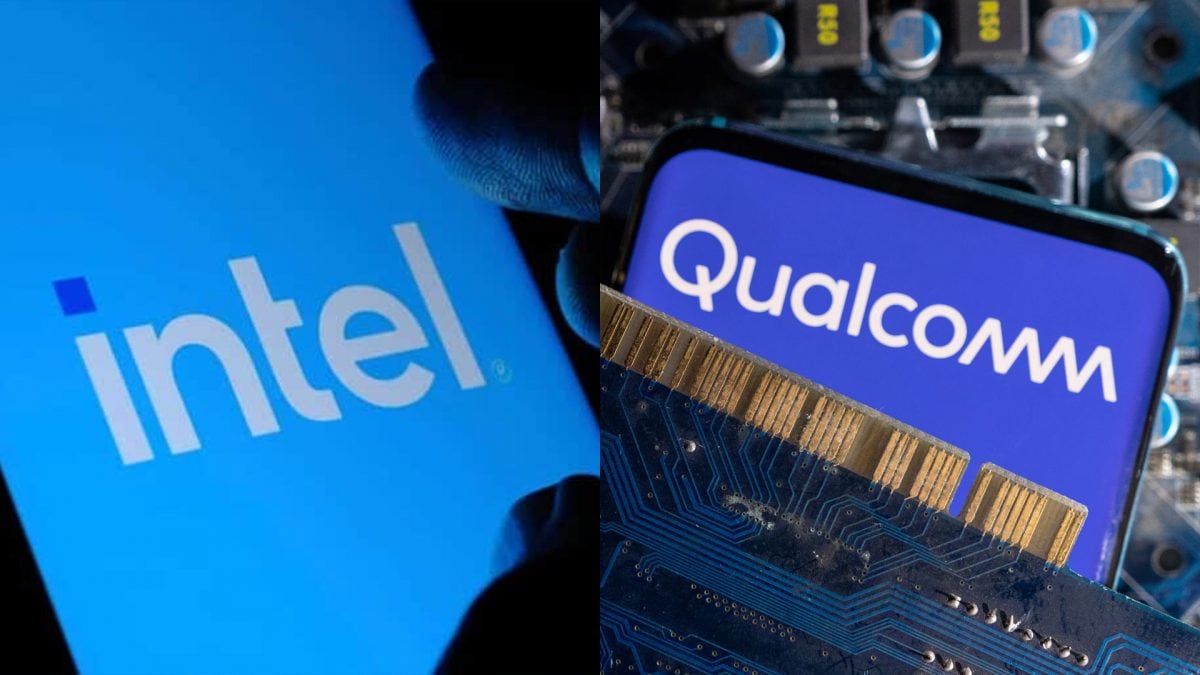
Qualcomm has reportedly approached Intel to explore the possibility of a takeover, according to sources familiar with the situation. If this goes through, this might be the biggest merger in tech history. Although discussions are still in the early stages and no formal offer has been made, the potential deal has generated significant interest due to its implications for both companies and the broader tech sector.
Qualcomm’s interest in Intel comes at a time when Intel has been grappling with significant financial difficulties. Once the dominant force in the chip-making industry, Intel has seen its market value decline dramatically, particularly after a disappointing earnings report in August, which resulted in a $30 billion loss in market value. This decline has made Intel vulnerable to potential bids, and Qualcomm’s approach underscores the growing pressures faced by the company.

Reports have also surfaced that US-based asset management company Apollo Global Management, has also made an offer to invest $5 billion dollars for equity in the tech company. Qualcomm’s potential acquisition of Intel, if it proceeds, would represent one of the largest technology deals in history, surpassing even Microsoft’s $69 billion acquisition of Activision. Intel’s market capitalisation was approximately $93 billion as of Friday, following a surge in its share price after reports of Qualcomm’s interest emerged.
Qualcomm, with a market capitalisation of $188 billion, is exploring how it might fund such a significant takeover, possibly through asset sales or other strategic measures. However, the prospect of a Qualcomm-Intel merger is likely to encounter substantial challenges, particularly from antitrust regulators. Concerns over national security and the potential impact on competition within the semiconductor industry could pose significant obstacles to the deal.
Intel’s leadership is reportedly wary of these issues, and the company has been working with investment banks Goldman Sachs and Morgan Stanley to assess Qualcomm’s approach and to explore options for defending itself against potential bids. The approach by Qualcomm follows its earlier interest in acquiring specific assets from Intel’s chip design business, including its client PC design division. This move was seen as a strategic effort by Qualcomm to bolster its own product offerings amidst a highly competitive market.
Intel, which is facing some financial strain, has been considering divesting certain business units to generate cash, a move that aligns with Qualcomm’s acquisition interests. In 2024, Intel lost over 60% of its market cap. Intel’s current situation has placed considerable pressure on its CEO, Pat Gelsinger, who has been attempting to steer the company through a challenging five-year turnaround plan.
Since taking over in 2021, Gelsinger has faced numerous hurdles, including the departure of key executives and lagging sales in critical areas such as artificial intelligence chips for data centres. The company has also struggled to compete with rivals like Nvidia and AMD, further complicating its recovery efforts. Despite the potential benefits of a merger, analysts and stakeholders have expressed scepticism about the viability of such a deal.
Some have suggested that Intel would be better off exiting its semiconductor manufacturing business rather than pursuing a merger with Qualcomm. The complexities of such a large-scale acquisition, coupled with regulatory scrutiny and potential resistance from Intel shareholders, make the prospect of a successful deal uncertain. As discussions continue, the outcome remains unclear, but the situation highlights the shifting dynamics within the semiconductor industry and the intense competition among leading tech companies to secure their positions in a rapidly evolving market.
.













